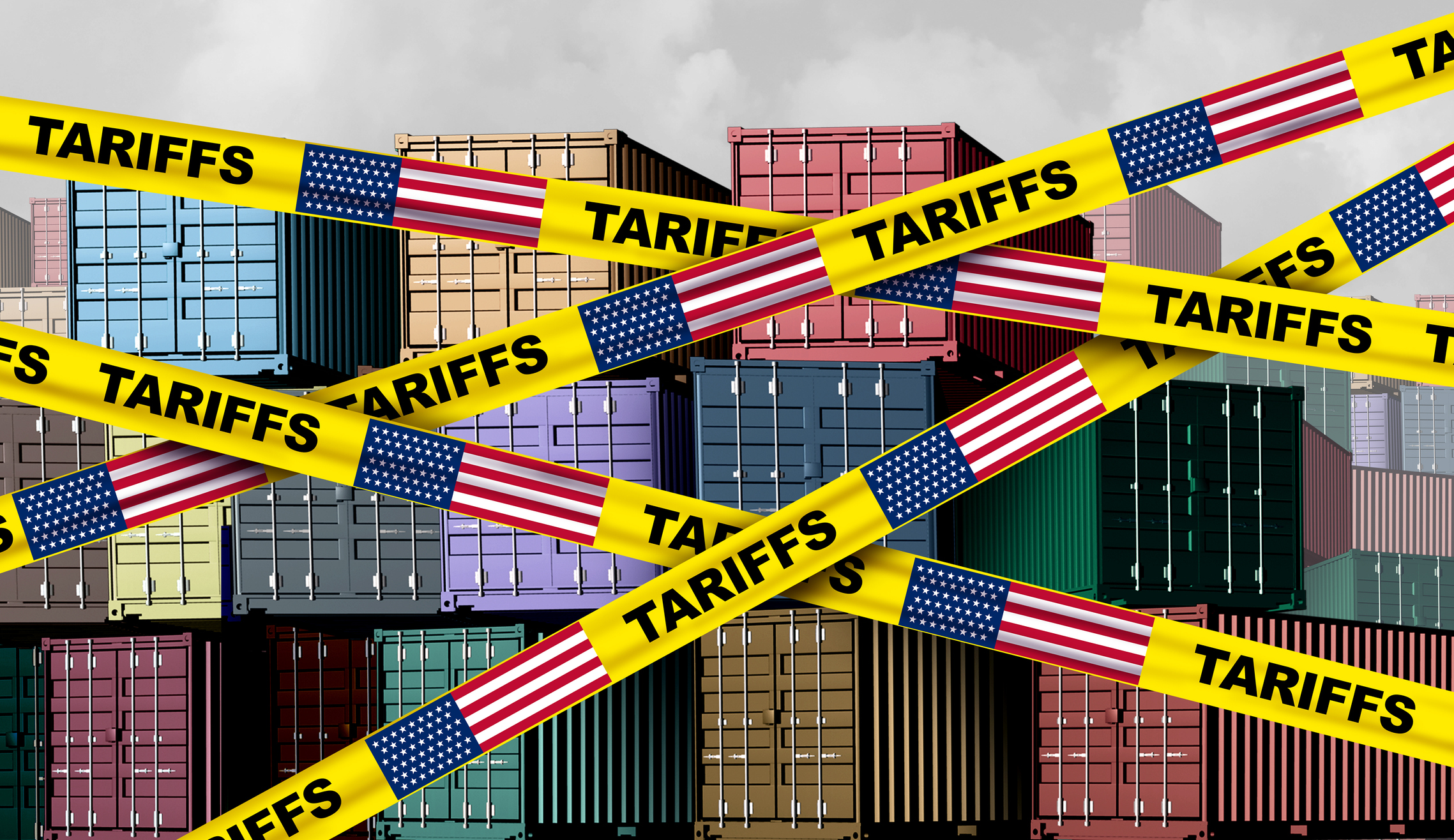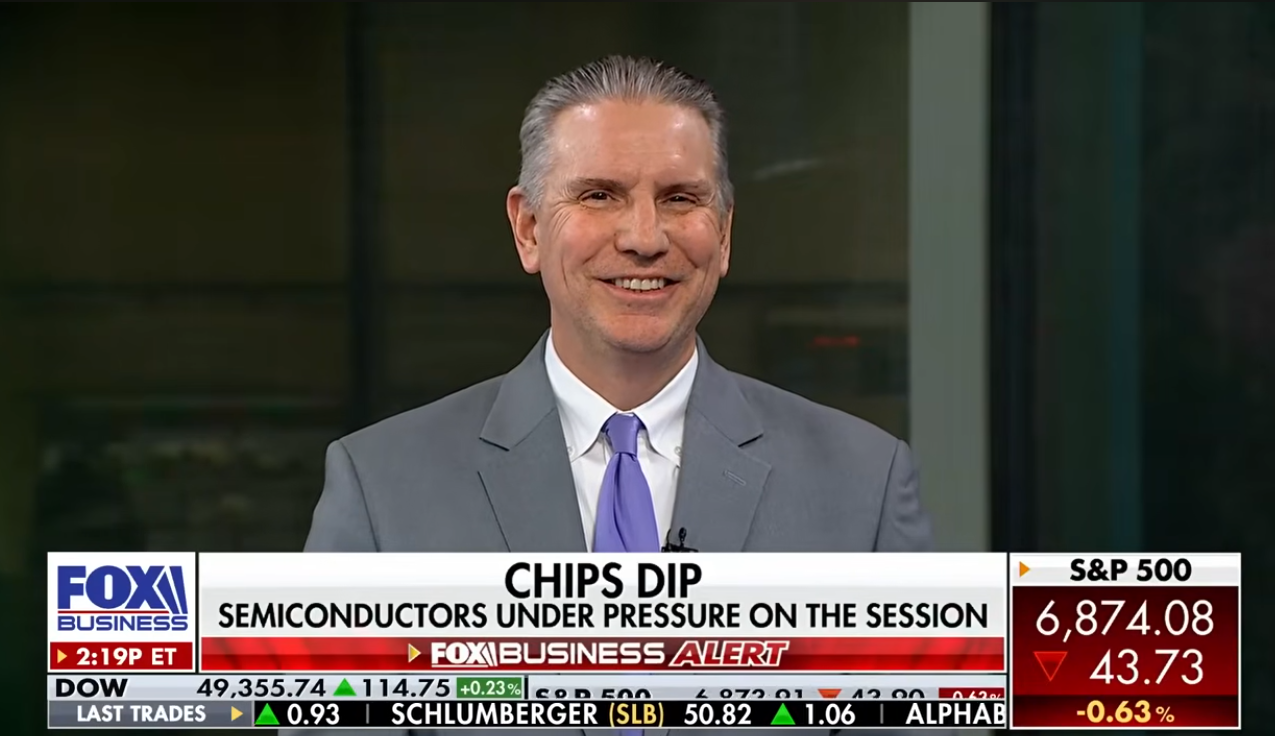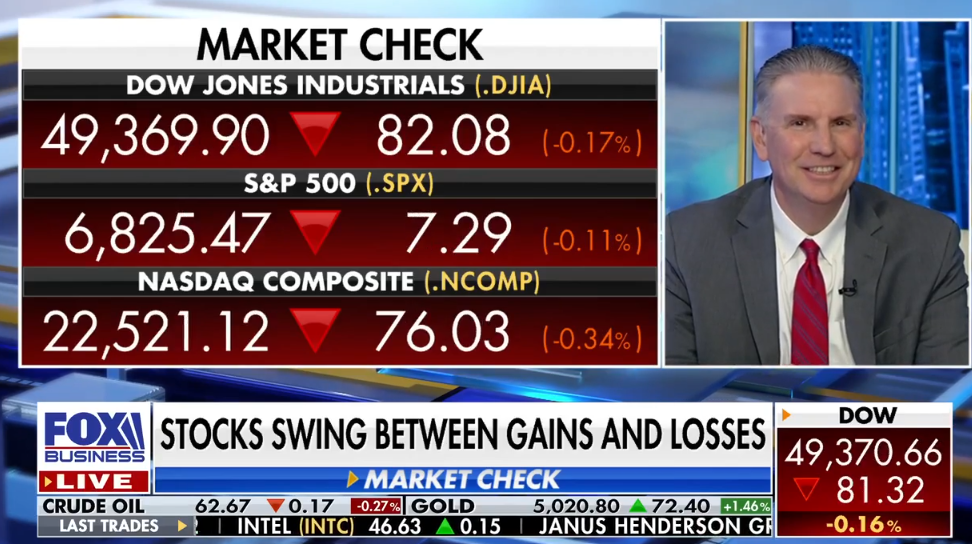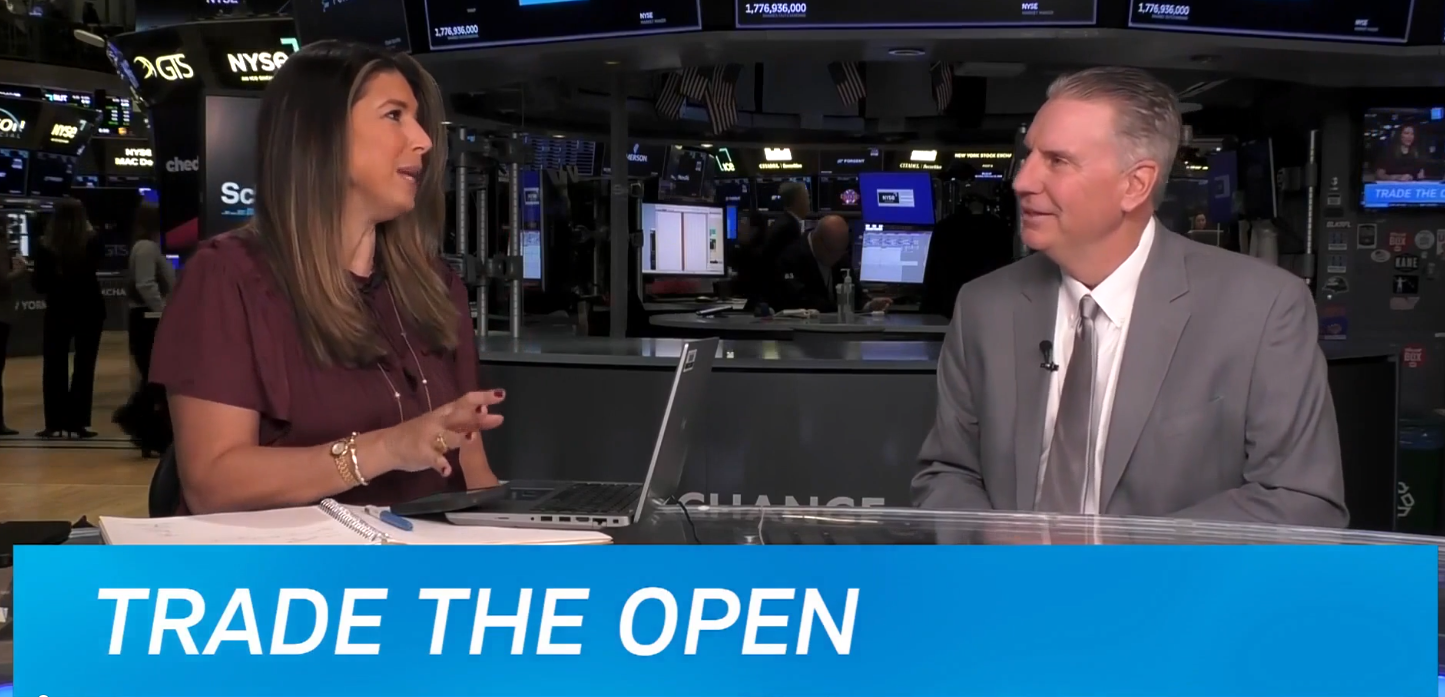
Renewed Tariff Concerns Drag Markets
Global equity markets finished lower for the week. In the U.S., the S&P 500 Index closed the week at a level of 6,552, representing a loss of 2.40%, while the Russell Midcap Index moved 2.50% lower last week, closing near 3,773. Meanwhile, the Russell 2000 Index, a measure of the nation’s smallest publicly traded firms, returned -3.31% over the week. Developed international equities also fell, with the MSCI EAFE Index returning -2.74%, while emerging markets outperformed, as the MSCI Emerging Markets Index lost 3.76%. Finally, the 10-year U.S. Treasury yield moved lower, closing the week at 4.05%.
Early in the week, equities saw modest gains, supported by optimism around artificial intelligence, boosting broader tech stocks and helping lift both the S&P 500 and Nasdaq Composite. However, that momentum reversed sharply on Friday after President Donald Trump stated he was considering a “massive increase” in tariffs on Chinese goods. The threat came in response to China’s proposed export controls on rare earth materials, which are essential to many high-tech products. The market reacted swiftly, with the S&P 500 falling nearly 2.7% for the day—its worst session since April—while the Nasdaq dropped 3.6%. The Dow Jones Industrial Average also lost nearly 880 points. The spike in trade tensions pushed investors toward safe-haven assets, driving gold prices to an all-time high above $4,000 per ounce.
With the U.S. government shutdown delaying the release of major economic data, markets had few macroeconomic signals to digest. In the absence of updated indicators, attention turned to upcoming corporate earnings and central bank commentary. Earnings season begins in earnest this week, with institutions like JPMorgan set to report on Tuesday.
Investors also looked closely at the minutes from the Federal Reserve’s September policy meeting, which were released midweek. The minutes revealed a divided view among policymakers. Some expressed concern about persistent inflation and signs of a cooling labor market. While a majority indicated that further rate cuts could be appropriate before the end of the year, others argued that current interest rate levels may not be especially restrictive and advised a more cautious approach.
Consumer sentiment remained largely unchanged, according to preliminary data from the University of Michigan. The October reading came in at 55, roughly in line with September. While consumers reported feeling better about their current financial situations and short-term business conditions, expectations for future finances and big-ticket purchases declined. Inflation expectations for the coming year edged down to 4.6%, while long-term expectations remained steady at 3.7%.
In fixed income markets, Treasury yields fell sharply as investors reacted to the heightened geopolitical risks and uncertainty around the shutdown. Municipal bonds held steady, supported by selective investor demand and a full new-issue calendar.
Looking ahead, the market’s focus is likely to remain on three key areas: the progress of third-quarter earnings, any developments in U.S.–China trade relations, and signs of movement in the government funding standoff. With fewer economic reports available, corporate results and policy headlines may play an even greater role in shaping investor sentiment in the coming days.
Best wishes for the week ahead!
Equity and Fixed Income Index returns sourced from Bloomberg on 10/10/25. Consumer Sentiment Sourced from the University of Michigan on 10/10/25. Economic Calendar Data from Econoday as of 10/13/25. International developed markets are measured by the MSCI EAFE Index, emerging markets are measured by the MSCI EM Index, and U.S. Large Caps are defined by the S&P 500 Index. Sector performance is measured using the GICS methodology.
Disclosures: Past performance does not guarantee future results. We have taken this information from sources that we believe to be reliable and accurate. Hennion and Walsh cannot guarantee the accuracy of said information and cannot be held liable. You cannot invest directly in an index. Diversification can help mitigate the risk and volatility in your portfolio but does not ensure a profit or guarantee against a loss.



